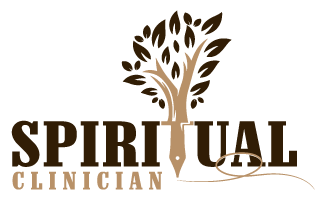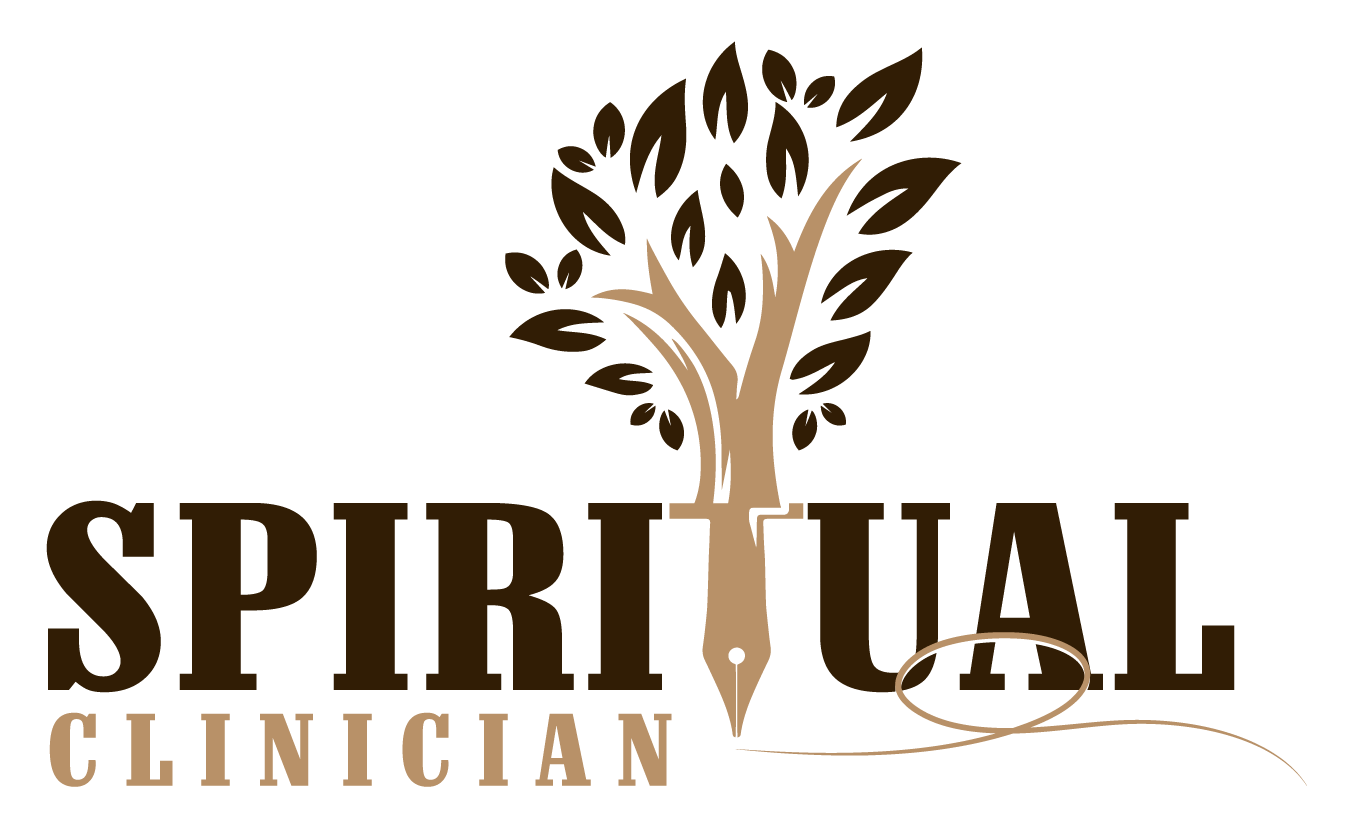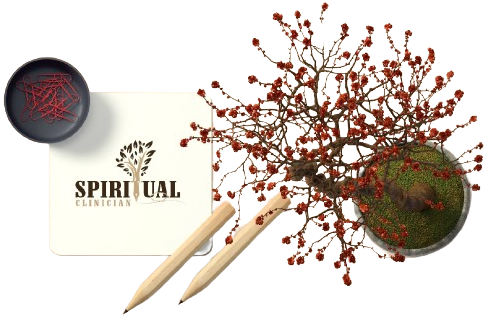The character of politicians remains a “no-fly zone” in the election processes of the United States and other developed democracies of the world. Even though early American leaders like James Madison (writer of the Constitution) echoed Plato in insisting that key virtues are necessary for political leaders to govern effectively and ethically, our campaigns and elections of today slide along with not even an attempt to evaluate character in candidates.
Assessing character wasn’t effectively possible in the early days of our democratic republic. But it is now.
This week’s presidential debate offers an opportunity to experiment a bit with assessing the character of those we elect. Eventually, democracies will need a process of small-group encounters to explore the character of top candidates. But until then, we voters can begin to understand character in concrete terms, look more carefully at the demonstrated relevant traits of our candidates, ask key personal questions that signal relatively solid aspects of character, and vote accordingly. We can include these characteristics among all of the other complex factors we consider when we vote.
We can begin doing this by observing the presidential hopefuls as they face off in debate on Thursday, June 27 at 9:00 PM Eastern.
Of about twenty key character elements, I have chosen a few here to illustrate how to observe candidates, and sometimes challenge them about their character. Injecting this point of view into political debates will begin a new focus for campaigns. Since we voters can’t ask most of these questions now, our considering them as we listen, observe, and mull their importance in the personalities of those who govern us, will give us a new way to evaluate them. (The basics of such a process are outlined in my book Assessing the Character of Candidates for National Political Office: In Search of a Collaborative Spirit)
The language of virtue has developed largely through observant writers critiquing their top leaders since Hammurabi, Plato, Confucius, and Biblical leaders for over three thousand years. Now that terminology can be used practically in becoming more specific about impressions that now sit in a jumble of vague impressions about the limitations of our leaders but never gets moved to challenging them.
Why challenge?
Because character rises to be more visible when action is catalyzed by need, and when people are presented with a series of questions about aspects of their character. A bit of the Socratic method forces students in semi-public situations to think more carefully about their own opinions, preferences, convictions, behaviors, and even biases. Bold questions beckon character to emerge, internal character to be more visible.
As you watch the debate this week, keep at least one eye on the notion of character in virtue terms, as it plays out in the conversation and necessary posturing of highly public self-presentations for president of the United States. Here are some comments and questions to ask yourself to focus on each person’s character, defined here as the array of distinct positive qualities that make that person uniquely valuable, a person among persons, set apart by expectations of quality.
For a first example, does this person have a sense of fairness, called the virtue of justice. Do they seek to give everyone what is due to them, work towards a system in which people treat one another fairly, major conflicts between people are resolved as much as possible, and resources are distributed evenly enough so that nobody lives as indigent? As a virtue, justice in a person is a tendency to feel a sharp sense of sadness, regret, or resolve to mend a situation in which serious injustice is being done to anybody.
How do you feel inside when you witness, or even read about, such situations as abject poverty anywhere in the world, children displaced from their families due to destruction of combat, or being treated with cigarette burns all over their bodies? What has been your stance on homelessness juxtaposed to enormous wealth in very few people?
Treasure the truth –As far back as Hammurabi (c. 1750 BC) and Moses (~1400-1300 BC) humans have been increasingly aware that deceiving other people in serious matters is destructive to budding community life. Intentionally misrepresenting the truth in crucial matters was punishable by death in the Hammurabi code. Even that far back thinkers were seeing that lying poisons the soul and the community, largely because it eventually destroys the basic trust of one another.
How did you learn as a child or young person, about the harm that can be done by not honoring the truth? Do you remember ever feeling sadness, shame, regret, or otherwise pained from having told a lie? Will you tell us a brief story about that time?
Humility – accurate self-representation or con-validated knowledge about oneself. When asked, can this person talk seriously about how they see themselves, without hyperbole, minimizing, or goofy humor? A person with adult humility does not exaggerate their strengths and weaknesses as a person and as a leader, nor charm people with attempts at situational humor.
What are a few of your strengths and weaknesses for being a top leader? Who has confirmed those self-observations, especially the weaknesses or limitations?
Dedication to the human community – How broad are the communal concerns of this candidate? All public figures are demonstrably partial to the concerns of their own groups – such as their nation, race, heritage, religion, geography, and constituency. But are they also inclusive in their care of all people in leading a large and powerful nation’s decisions about world issues such as hunger, climate change, the safety of children, income equality, and supporting positive future humanity directions like an eventual global community?
What are some of your thoughts and convictions about such global human situations as world hunger and famine juxtaposed with obesity as epidemics, child starvation, transportation of food, combat effects on humanity, and the collaboration of nations? Why do you think that way?
Fortitude, or strength with courage – Does this person show they have the backbone of an adult, and use whatever power they wield wisely against inevitable opposition from many sides? Could they tell a story about their verve, courage, poise and strength as a leader and a specific time when they stood their ground regarding a controversial issue?
What would motivate you to confront a peer leader individually about their errant behavior? What would it take for you to lead a country through a major war, or initiate and promote impeachment of a colleague or peer?
Counsel, asking for and using consultation – How much of an insular “cowboy” is this person, too often going it alone unnecessarily? What people, heroes, and other highly successful leaders does this person emulate, follow, quote, and support theoretically and actively? Confucius called it Zin, a kind of natural cognitive-emotional knowing and attachment to key people and specific ideas. Who are this person’s heroes, or once were, to follow and use as models of their own behavior?
Will you name some of your heroes, past and present? What criteria do you use to elicit help with major government or personal decisions and directions? When did you last ask for extra help and savvy support in governing? Why ask that person or those groups?
Savvy – a combination of knowledge, understanding, and resultant wisdom. Does this person know enough about government and the world’s current political situations to engage in them effectively, in partnership with the provided consultants? Do they understand the emotional strata of people involved in perennial, sticky issues, with empathy towards both sides? Can they find the prudence and savoir faire it takes to communicate and avoid inflaming voice tones, sensitive terminology, and insulting innuendos that increase conflict in potentially fruitful discussions?
What are the purposes, strengths, and weaknesses of the three divisions of the U.S. government? How have you honored or opposed that configuration? How do you understand the deep positions of both sides of the current abortion conflict in the U.S.?
Temperance – What may be the excesses to which this person is prone and that have the power to defeat the success of that person’s contributions to the government and humanity? Those serious excesses may be of material wealth, alcohol consumption, power over others, self-absorbed temperament, radically changing moods, or attention and adulation from specific others or all people in general. What can this person tell us about their tendencies to excess? How aware are they of them? What stories could they tell of their past defeat by any of these proclivities? Top politicians don’t have to be perfect. But they are far more likely to succeed if they are open about their tendencies to excess and can show that they are.
What are two of your weaknesses of ability to maintain moderation of such human tendencies as anger, greed, vengeance, alcohol, and use of political power for their own personal gain?
Has anyone ever told you that you have a problem with drinking alcohol? With managing your anger? With hurting people with your words? With your self-absorbing preoccupation with your net financial worth? What help have you availed yourself of for addressing any of these excesses?
So in summary, as savvy voters we are looking for candidates who are seen to have a developed sense of fairness, know themselves relatively accurately, genuinely treasure the truth, are dedicated to humanity not only to the nation and themselves, have the backbone of an adult, know enough about government, understand at least a few of the varied cultures and ethnicities of a pluralistic society, occasionally exhibit bits of wisdom, can generally restrain their proclivities for excess, and do not resist getting consultation often, having developed the skills to elicit it and benefit from it. A tall order? Yes. But we need to find those that fill it because they will be wielding such awesome and world-shaping power it will affect us all.
Gordon J Hilsman is a retired clinical educator living in the Pacific Northwest and the author of Assessing the Character of Candidates for National Political Office: In Search of a Collaborative Spirit. He can be reached at [email protected], or www.spiritualclinician.com


